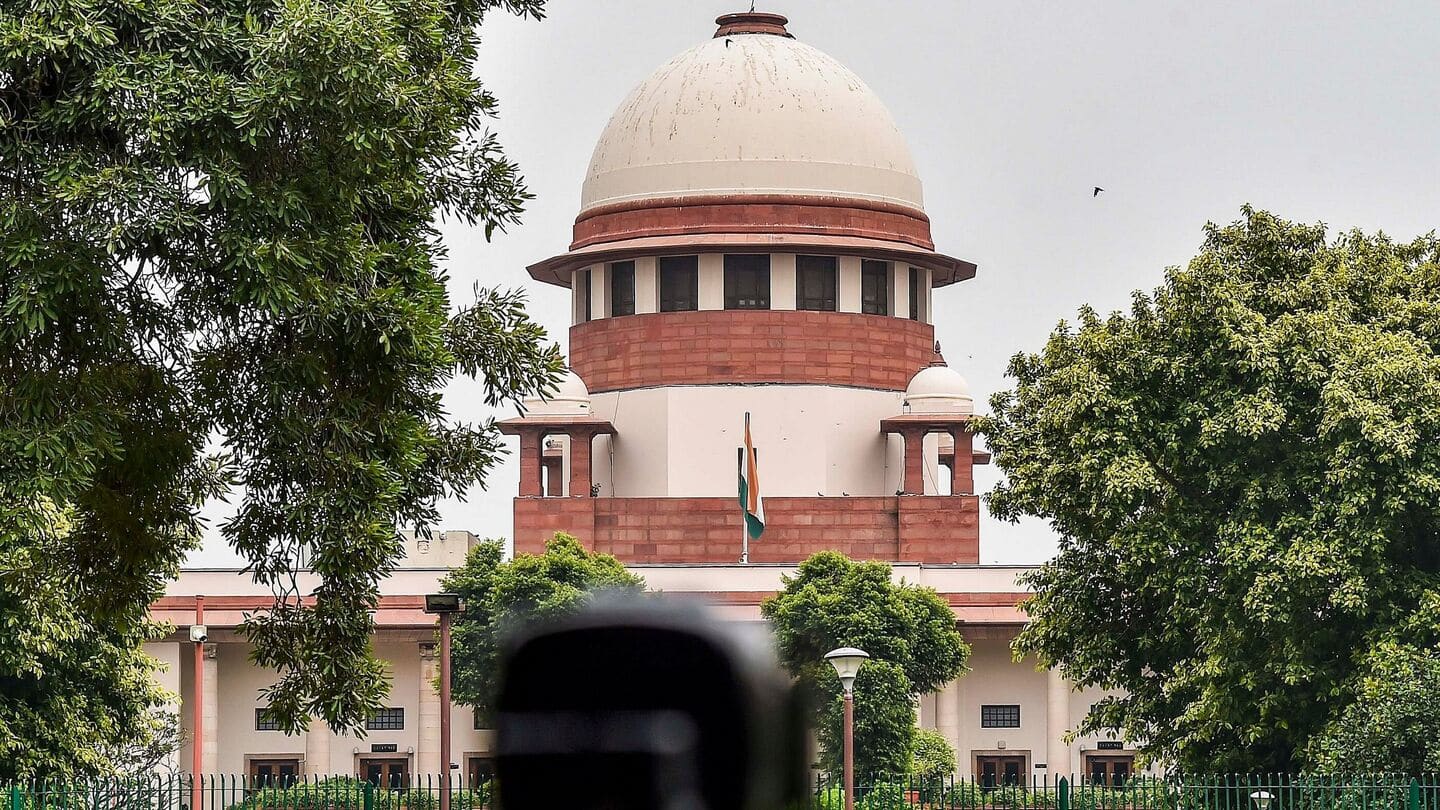
Did SC just remind the president of her constitutional duties?
What's the story
The Supreme Court recently observed that it is the duty of the president of India to seek the advice of the SC under Article 143 when a state bill is reserved for her assent on the basis of perceived unconstitutionality.
This observation was made during the hearing of a case involving the Tamil Nadu governor's handling of certain bills passed by the state's Assembly.
Judicial guidance
Supreme Court's recommendation for presidential consultation
A bench of Justices JB Pardiwala and R Mahadevan stressed the need for judicial appraisal for unconstitutional bills.
"The President must be guided by the fact that it is the constitutional courts that have been conferred with ultimate authority of interpretation of the Constitution and laws," they said.
The court also referred to the recommendations of the Sarkaria and Punchhi Commissions, which supported the idea of the president seeking the Supreme Court's opinion under Article 143 on potentially unconstitutional bills.
Judicial evaluation
Supreme Court's stance on unconstitutional bills
The SC indicated that consultation under Article 143 isn't obligatory, but rather, advisable, in cases of bills reserved for presidential consideration on grounds of perceived unconstitutionality.
The court elaborated that the process could help in preventing blatantly unconstitutional legislation from being passed, as well as mitigate the possibility of bias/malice in the central government's handling of bills reserved under Article 200.
Legal dispute
Supreme Court's ruling on Tamil Nadu Governor's bill clearance
Ten legislation that were cleared twice by the Tamil Nadu assembly but were blocked and reserved by governor RN Ravi for the President's clearance since 2020 became laws after the Supreme Court's intervention on Saturday.
The Supreme Court also ruled that the governor must act on a measure within one month.
It further specified that the President must act on the measures presented for consideration by governors within three months.
Legal dispute
Central government likely to challenge the Supreme Court's ruling
The Centre may likely challenge the SC's recent verdict that imposed a three-month deadline for governors and the President to clear bills passed by state Assemblies.
It was unclear what the review petition would dispute.
It may also seek a review on the basis that the Centre did not have the opportunity to present its arguments in the case.